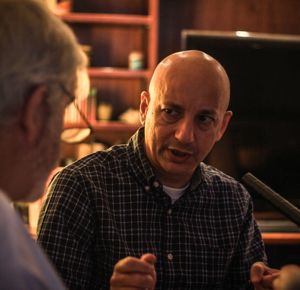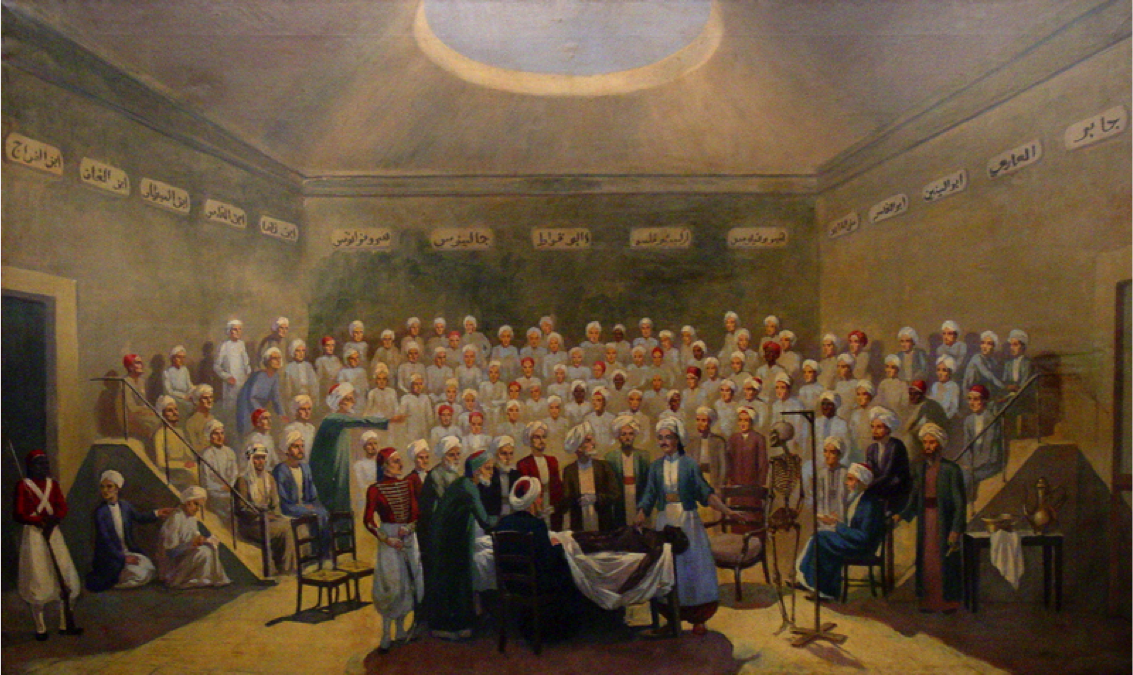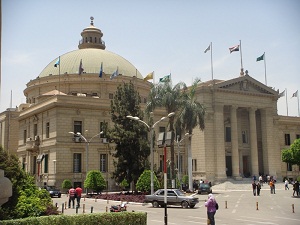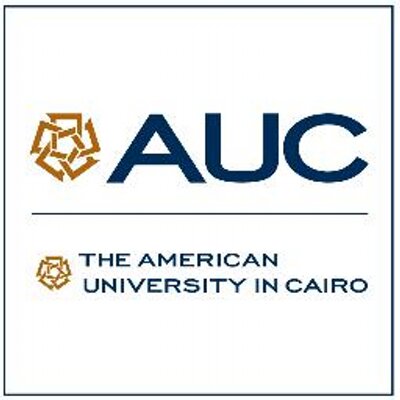A short interview with Magdi Abdelhadi of the BBC World Service on the history of Egyptian monasticism and how the history of the Coptic church is taught (or not) in Egyptian schools. (at 23:15)
Leave a CommentKhaled Fahmy Posts
Published in Ahram Online on November 21, 2012 Cultural and civilisational diversity of the Egyptian society inspired mega project like arabising medicine in the 19th century. But, unfortunately it did not motivate the members of the Constituent Assembly. A few days ago I met with some friends to read the draft constitution that the Constituent Assembly is about to finalise, the first copy of which was published in the press a few days ago. As soon as we started to closely read the text, we were shocked by the poor language, lack of vision, contradictory ideas and flawed logic in…
Leave a CommentA panel discussion (in Arabic and English) presented with Emad Abou Ghazi and Mosireen Collective at the American University in Cairo on Archiving the Revolution, November 21, 2012. (my English sections are at : 1:00:00 and 1:49:35)
Leave a CommentA radio interview with Chris Lydon of Radio Opensource on the historical meaning of the January 25, 2011 Revolution. Recorded in Cairo on November 14, 2012 CAIRO — Khaled Fahmy came home to Egypt just months before the uprising in Tahrir Square. He was leaving a big university career in Oxford and New York, drawn by intuition and maybe destiny to be the historian of a great event. In an hour’s conversation he will recharge your sense of the Arab Revolution of 2011. It was just what we half-guessed at the time: a watershed more cultural and psycho-social than it was political. It…
Leave a CommentPublished in Ahram Online on November 14, 2012 Human rights NGOs say that 11 people died from torture in police stations during Morsi’s tenure, but the issue is not being addressed by the government. It is the first anniversary of the death of Essam Ali Atta – an occasion to revisit the issue of torture and ask what President Morsi has done so far to confront this serious issue. Atta was a 25-year-old young man who was arrested by the military police on 25 February last year, and charged with illegally occupying an apartment in Moqattam. Only one day after…
Leave a CommentPublished in Ahram Weekly on November 12, 2012 As I go through the draft of the new Egyptian constitution, Article 11 strikes me as one of many curious articles in that supposedly foundational text: “The state protects the cultural, civilisational and linguistic unity of Egyptian society, and strives to Arabise science and knowledge.” Like others who have commented on the draft constitution, I have a problem with this article, but unlike others my problem is not that Arabising science might result in our doctors and engineers losing touch with the latest developments in medicine and engineering. Nor does my problem…
Leave a CommentPosted on Facebook on November 1, 2012 My opening words in “The New Arab Debates” hosted yesterday by Tim Sebastian and having as my opponent Mohamed Salmawy. The motion was: “This House believes democracy has had a disappointing start in Egypt”. Salmawy was for the motion, and I against. Before the debate, 70% voted for the motion and 30% against. After the debate, 56.43% voted for the motion and 43.57% against. in other words, I managed to sway 13% to my position by the end of the debate. Ours is not one of those colored revolutions that will be over in a few…
2 CommentsPublished in Ahram Online on October 27, 2012 Considering the notable number of Egyptian extremists who have medical and engineering degrees, a critical examination of Egypt’s education system and myopic approach to learning is necessary In 1980, Saadeddin Ibrahim published in English an analysis of the social background of two pioneer political Islam groups in Egypt. After acquiring the necessary security passes, Ibrahim made prison visits to talk with members of the Military Technical College and El-Rl-Takfeer wa El-Hijra (Excommunication and Flight) groups who were jailed after carrying out violent attacks that killed dozens, such as seizing the Military Technical…
Leave a CommentShort speech delivered at the open forum held at AUC on the occasion of the student strike and campus closedown, October 2012
Leave a CommentAn audio recording of a lecture delivered at the University of Amsterdam on September 13, 2012
Leave a Comment







